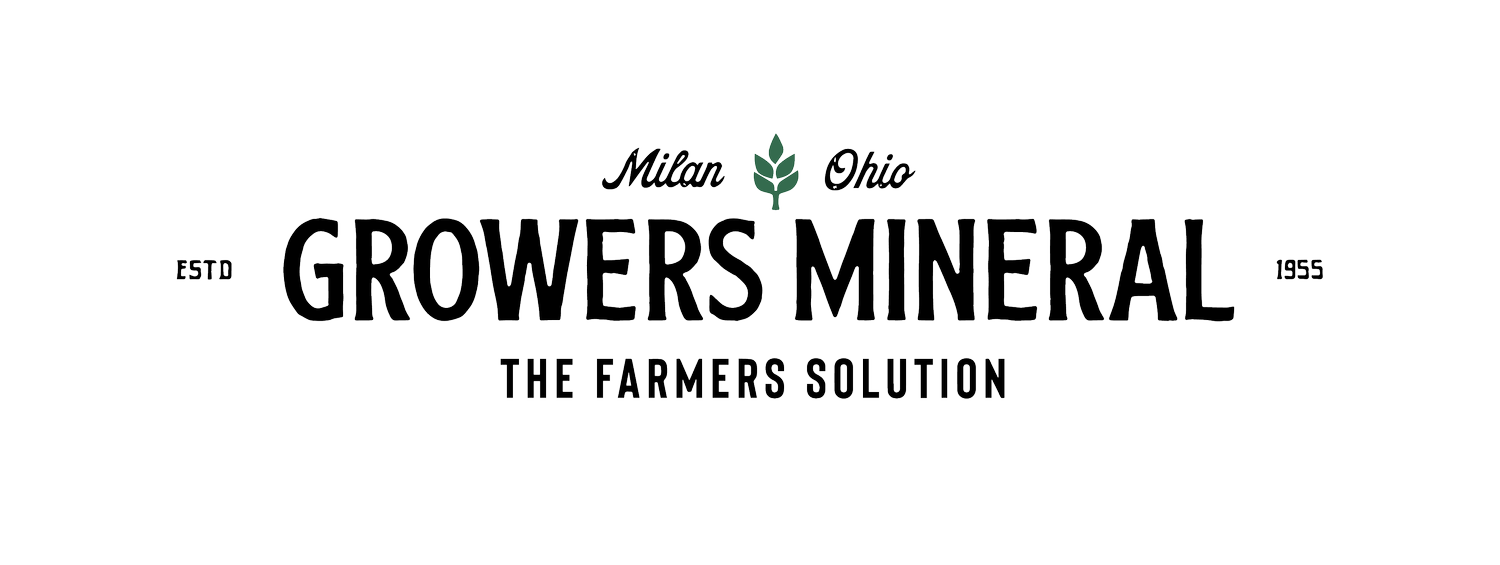Who Needs Quality? Volume Pays the Bills
Since 1955, Growers Mineral, Corp.'s discussion about crop quality has been very well received by livestock and produce farmers. These operations have been able to improve the ROI of their operation by improving the health of the crop tissue they produce in that operation. They still need to produce a certain quantity of tissue, but the quality of the tissue offers many economic benefits to keep the ROI in a position that allows the operation to accomplish their goals. However, many commodity and some specialty operations have expressed doubts that tissue quality has any benefits as far as ROI is concerned for their operations. Many express a desire to strictly focus on total volume production. So, I found it very interesting that the POET Ethanol Plant at Fostoria, Ohio posted on its home page a farm meeting titled ""DON' Virtual Presentation." The following are direct quotes from the posted meeting invitation:
"DON in corn has been an unwelcome and ongoing issue for farmers, biofuel producers, and livestock feeders. At POET, we invest time and resources to better understand issues so we can communicate solutions to agronomic challenges like DON in corn.
During the meeting, we'll share what we have learned through research and collaborative conversations with partners in agronomy and academia, why DON is an issue in the feed market, and our desire to help promote solutions to benefit our farmers."
After attending this presentation for farmers hosted by POET, several points of discussion came forward.
DON stands for deoxynivalenol which is a mycotoxin that can occur in grain. Mycotoxin are toxic substances produced by fungi on the substrate (surface for growth) where they grow. The problem with this mycotoxin is it causes sickness in animals where the DON concentration gets too high in the ration. The don in the original corn is concentrated in the feed by-products (distiller grains) after the ethanol has been made from the corn. It seems that the feed of DON in the feed by-products is high enough that the customers of the by-product feed are resisting buying the feed by-product. This problem has become serious enough that POET is testing corn as it is delivered by the farmer to their ethanol plants.
POET representatives at the meeting only offered suggested solutions to this problem that had originally been suggested by the farmers themselves. However, POET wanted farmers to take this issue seriously so that POET could continue to offer as high of a selling bid for corn as possible. The fact that meeting actually happened says plant tissue quality in this industry will effect farmers' ROI.
This is an excerpt from the Summer Growers Solution (2025) written by Jim Halbeisen, Director of Research.
Signup for our newsletter to stay in the loop
